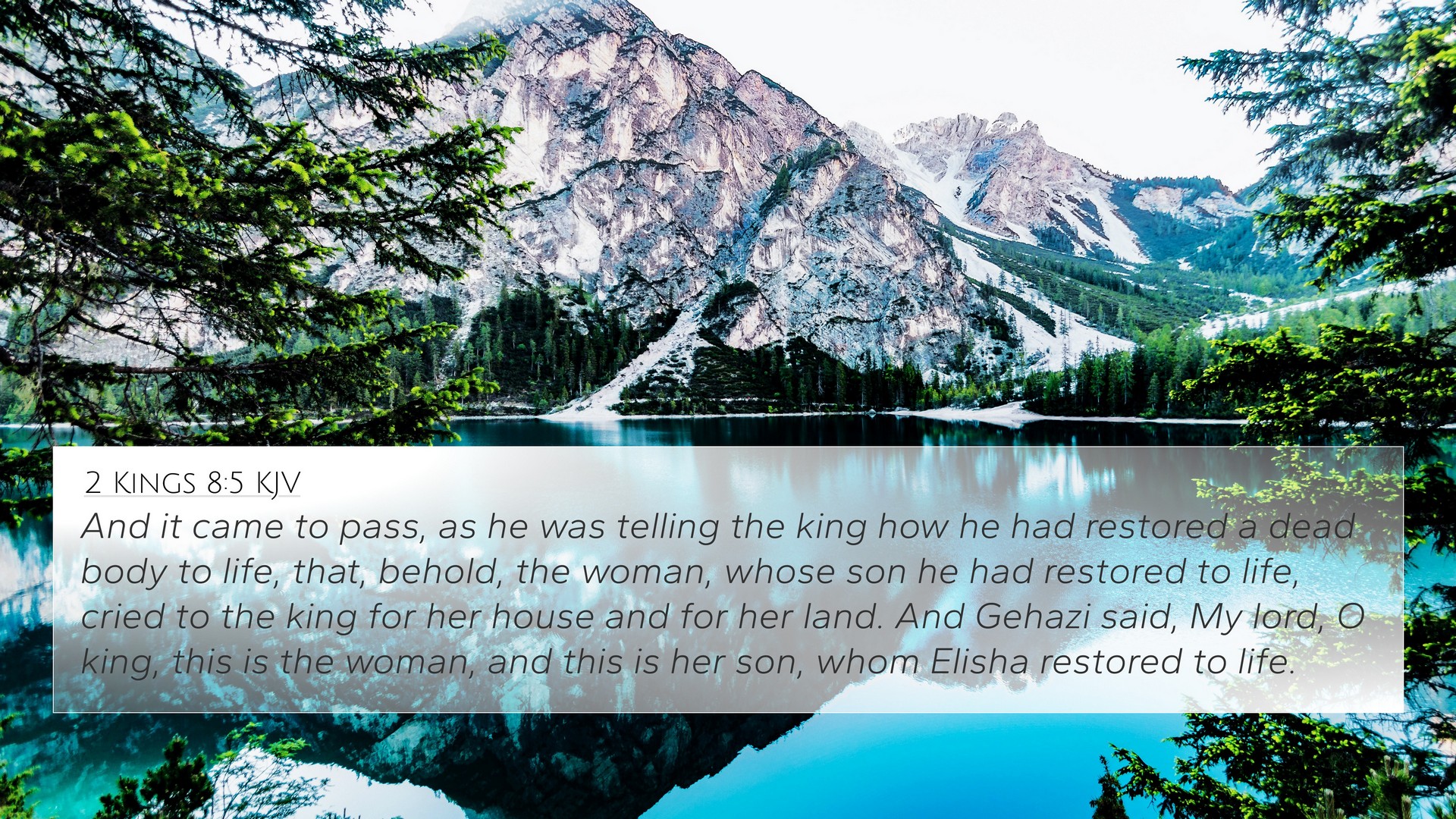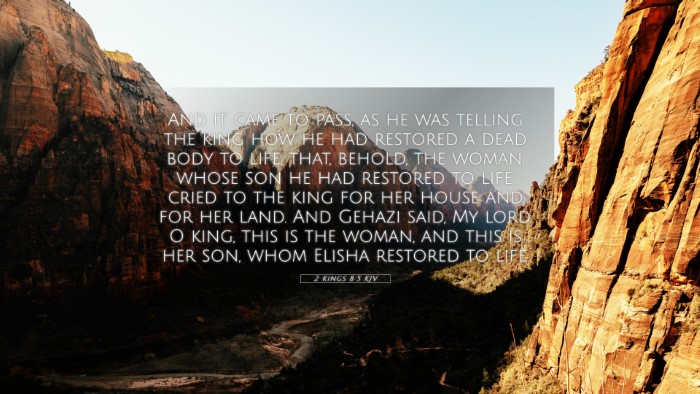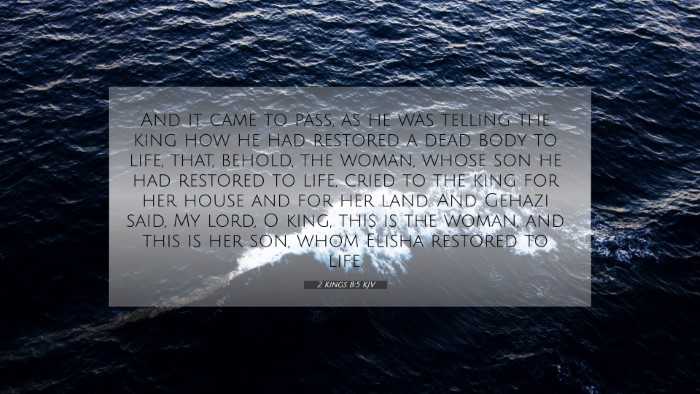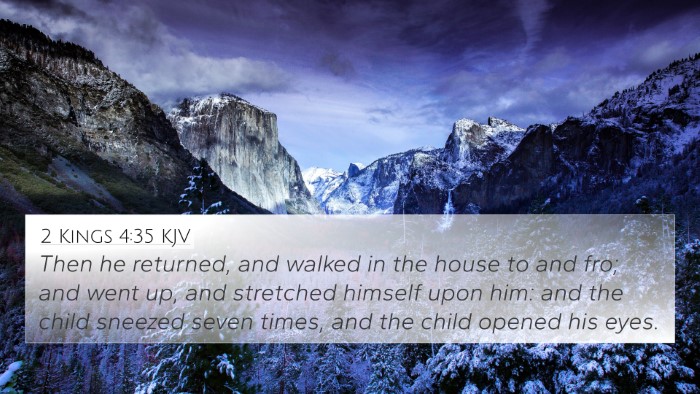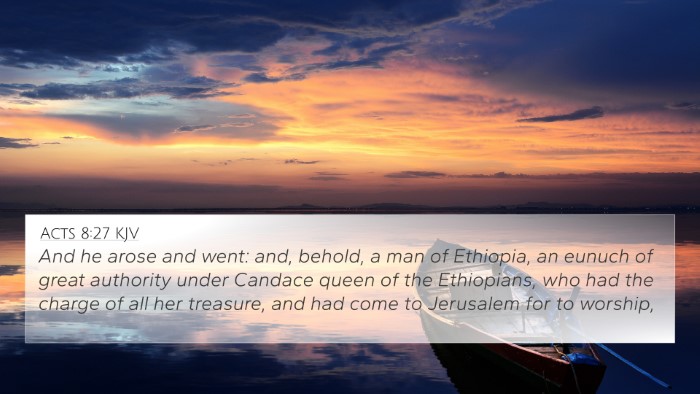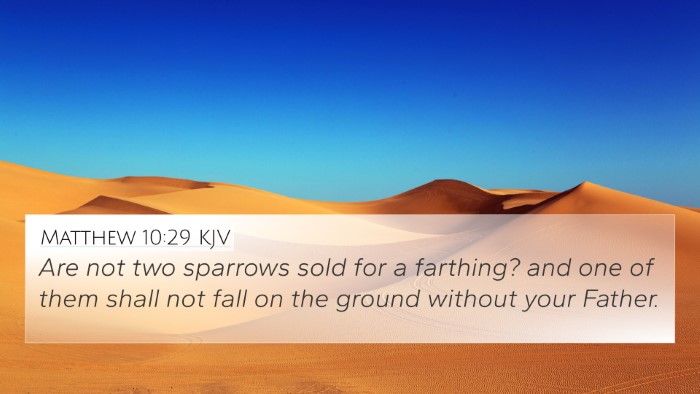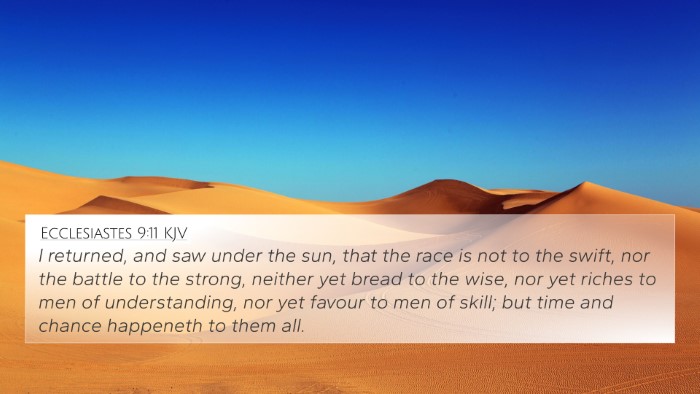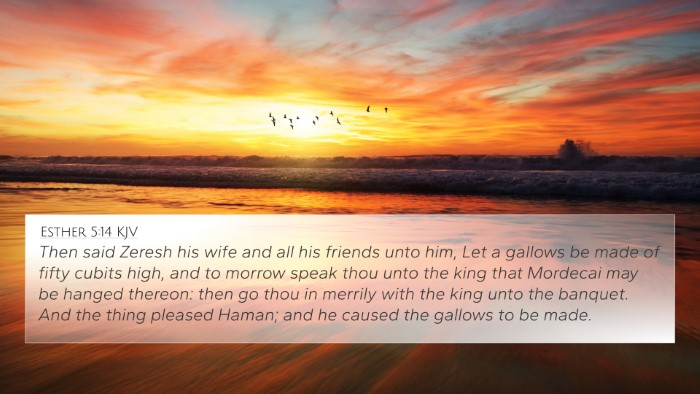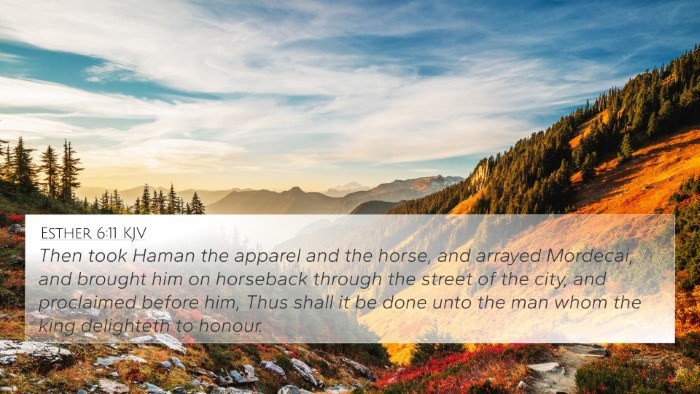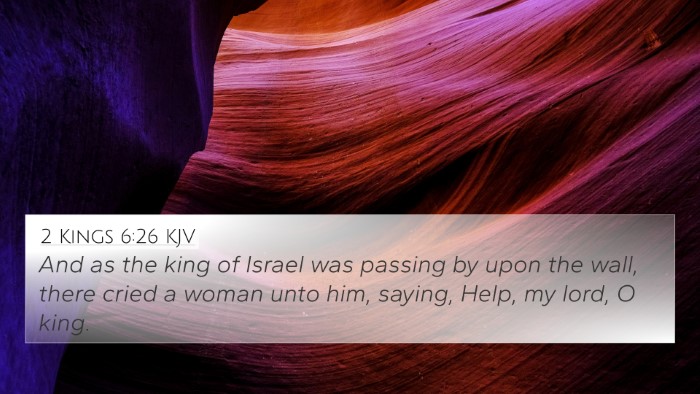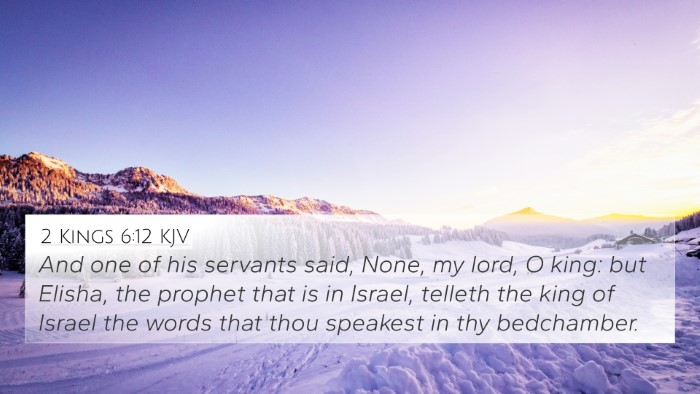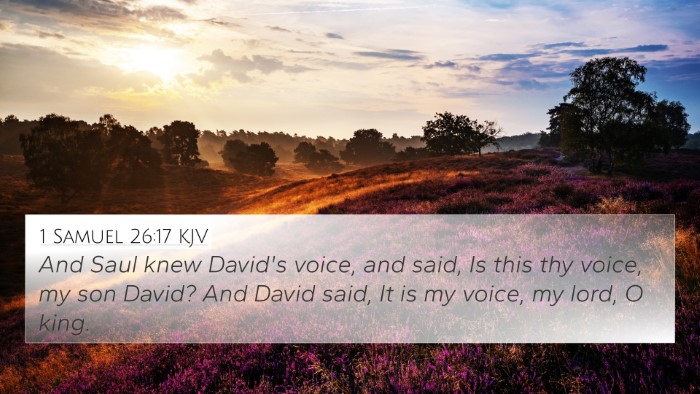Understanding 2 Kings 8:5
2 Kings 8:5 tells a profound story about the interplay of divine providence and human agency. In this passage, we observe a crucial moment in the ministry of the prophet Elisha, where he encounters a woman from Shunem—a woman whose son he had previously restored to life. This encounter reveals themes of recognition, divine intervention, and the cyclical nature of God's care for His people.
Summary of 2 Kings 8:5
In this verse, the woman seeks out the king of Israel to plead her case, having experienced distress during a time of famine. Elisha's prior miracles and the king’s recognition of the woman emphasize the miraculous nature of God’s work through the prophet.
Thematic Exploration
- Divine Providence: The woman’s seeking of the king signifies that God’s providential care extends through the lives of His people, prompting them to seek justice and restoration.
- Recognition of God's Work: The encounter highlights how testimonies of divine miracles can lead to opportunities for advocacy and intervention on behalf of those in need.
- Faith and Persistence: The woman’s initiative reflects her faith in both God’s capacity to act through the prophet and her own persistence in facing hardship.
Cross-References
To deepen our understanding of 2 Kings 8:5, we can cross-reference several other Bible verses:
- 2 Kings 4:16-37: The account of the Shunammite woman's son raised by Elisha.
- James 5:16: The prayer of the righteous is powerful and effective, illustrating the power of faith in action.
- Isaiah 41:10: God's promise of support during times of trouble parallels the woman's plight.
- Psalm 34:17: The Lord hears the cry of the righteous, emphasizing divine attention to human distress.
- Matthew 6:25-34: Jesus teaches about God's provision, echoing the assurance behind the woman’s faith.
- Hebrews 11:1: Faith is the assurance of things hoped for, ties into the woman's persistent faith.
- Luke 18:1-8: The parable of the persistent widow, showcasing the theme of relentless faith in seeking justice.
Comparative Analysis
This particular verse is enriched by comparative Bible verse analysis, showcasing how the actions and faith of the Shunammite woman resonate throughout scripture.
- Inter-Biblical Dialogue: The connections between the Old Testament stories and New Testament teachings reveal a continuous narrative of God's engagement with humanity.
- Linking Scripture: The theme of pleading for justice and restoration is paralleled in the narratives of many biblical figures, including Esther and Daniel.
Tools for Deeper Study
To explore the connections further, consider using:
- Bible Concordance: A helpful tool for identifying specific keywords and themes across different texts.
- Cross-Reference Guides: These guides can assist in finding related scriptures and understanding the broader biblical context.
- Comprehensive Bible Reference Resources: Utilize themed cross-reference materials for in-depth study and sermon preparation.
Conclusion
In conclusion, 2 Kings 8:5 serves as a rich source for spiritual reflection, highlighting profound themes of faith, divine provision, and the importance of seeking justice in our lives. Through cross-referencing and understanding its connections to other scriptures, believers can deepen their faith and appreciation for God's continual work in their lives.
By studying these interconnections, we gain a more profound understanding of the thematic Bible verse connections that permeate scripture, enriching our spiritual journey.
